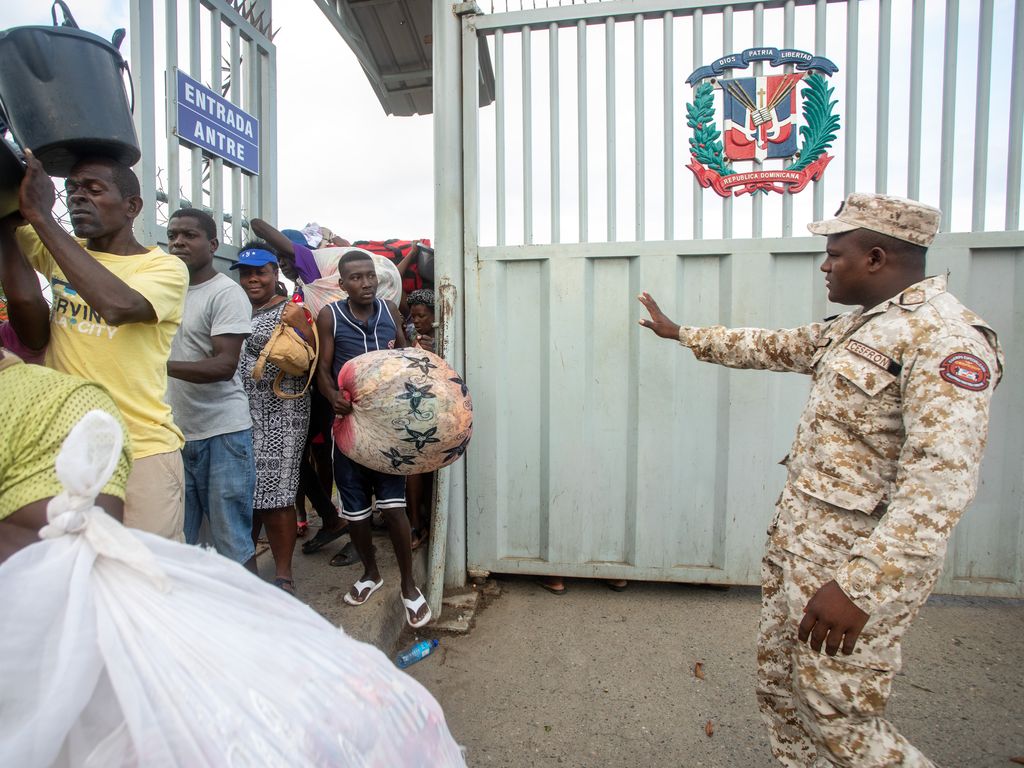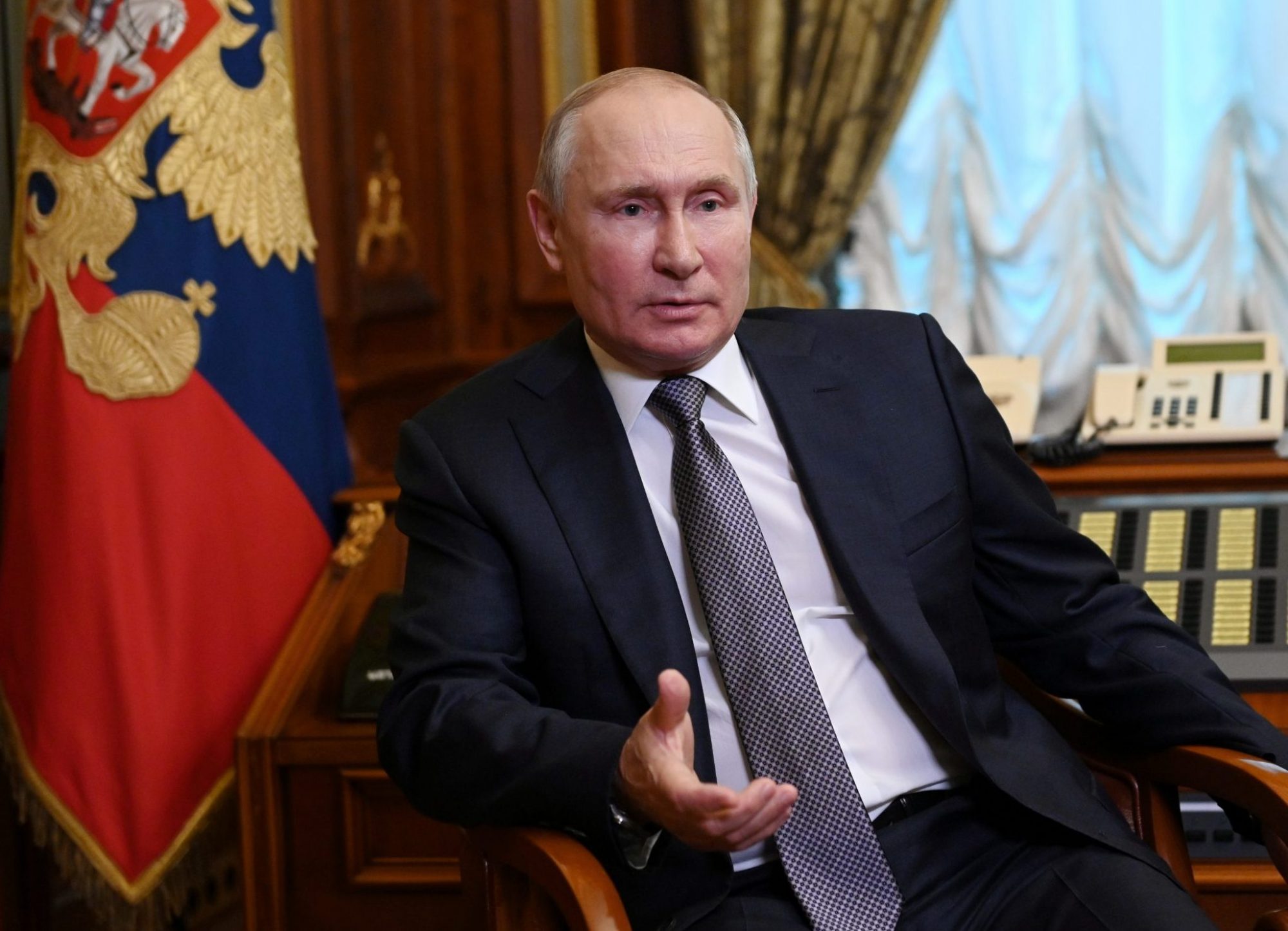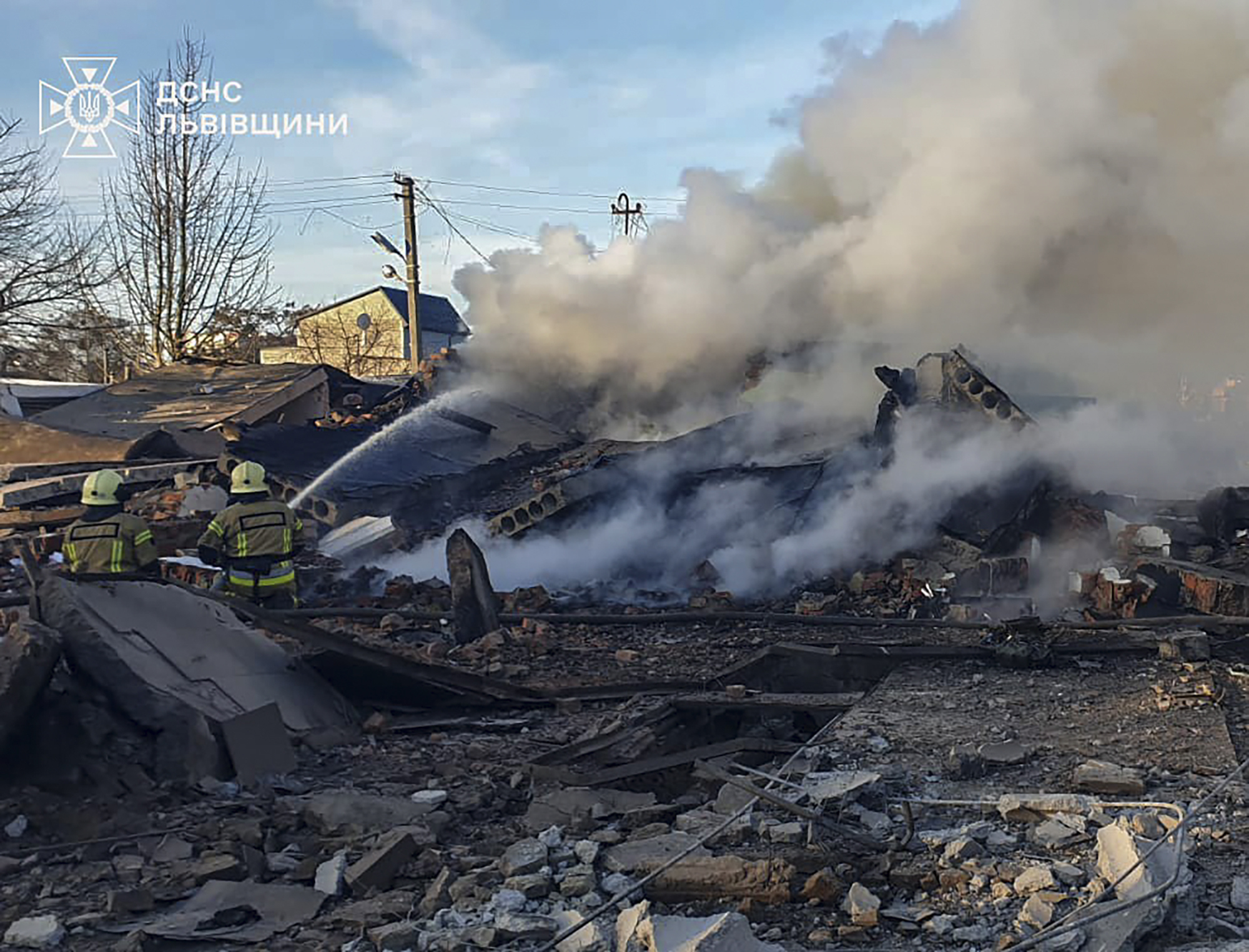A bill to prohibit the practice of Sharia law and the construction of mosques in the Dominican Republic is being introduced by Deputy Elías Wessin, president of the Quisqueyano Christian Democratic Party (PQDC). The proposal, unveiled in October 2025, has sparked significant debate over national security and cultural identity.
Wessin cited concerns about social stability and the “security of the Dominican state” as central to his argument, stating, “The security of the Dominican state, and therefore of all Dominicans, is above any other interest or right.” He drew parallels to Italian Prime Minister Giorgia Meloni’s efforts to combat “Islamic separatism,” declaring her actions “the right thing for every authority to do to preserve its nation.”
The legislator also criticized the influence of Islam in the Dominican Republic, warning that “a mixture of Islam and voodoo is a time bomb, worse than a nuclear one for our country.” He linked this fear to the influx of Haitian immigrants, citing historical tensions. Wessin referenced the 1994 Rwandan genocide and Haiti’s 1804 massacre of its white population as cautionary tales, though he did not directly connect these events to current policies.
The proposal faces anticipated resistance from Muslim communities and political factions, but Wessin emphasized his commitment to safeguarding “the future of our children and grandchildren” by preventing the spread of what he termed “Islamism” in a Christian nation. He specifically criticized the Dominican government’s approval of a mosque in Punta Cana, framing it as a threat to national integrity.
The bill has yet to gain legislative traction, but Wessin’s remarks reflect broader regional debates over religious influence and immigration policies.



